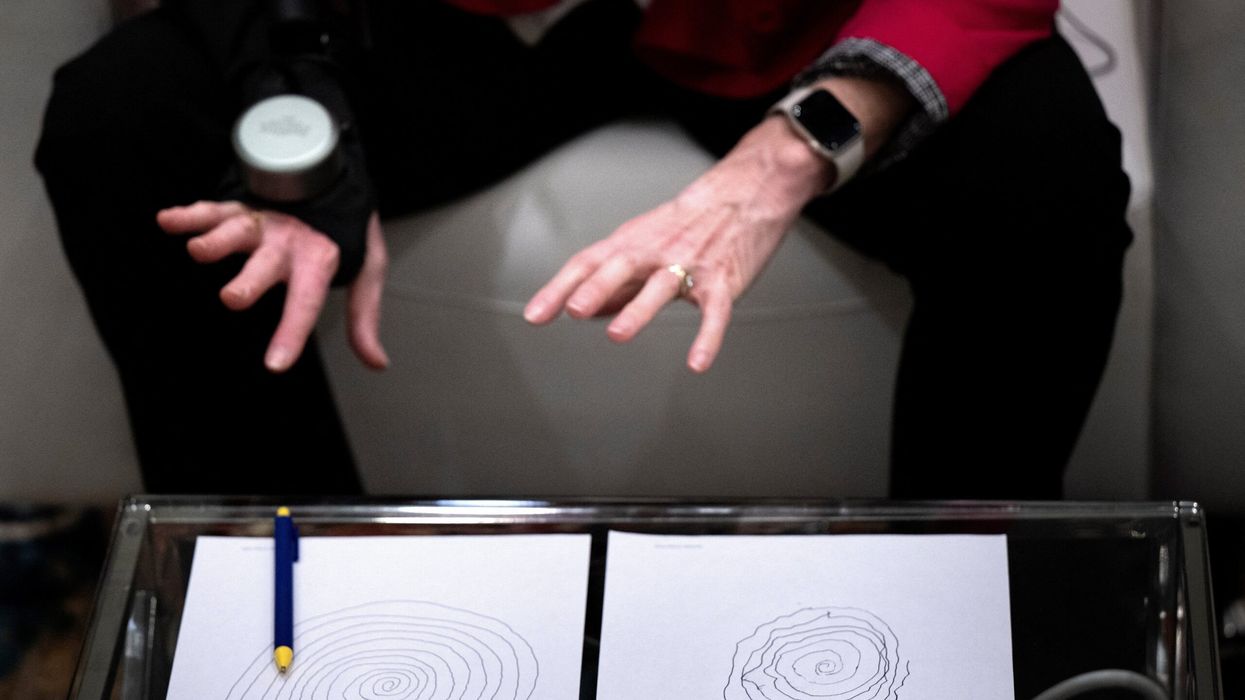NHS England is set to introduce a groundbreaking treatment for individuals suffering from advanced Parkinson's disease, benefiting up to 1,000 patients. This innovative approach involves a wearable device that administers medication continuously throughout the day and night.
The treatment, known as Produodopa, leverages a pump system to deliver a constant flow of medication directly into the patient's bloodstream, offering a new level of symptom management, the BBC reported.
This method stands in stark contrast to the current regimen for many, which can involve ingesting over 20 pills daily, often resulting in fluctuating control over symptoms. For some, the alternative has been receiving medication through a permanent feeding tube.
Produodopa combines foslevodopa and foscarbidopa, which together increase the levels of dopamine in the brain, a crucial neurotransmitter for regulating movement.
The medication is administered via a cannula placed under the skin, controlled by a compact pump that ensures a consistent dosage 24 hours a day.
Patients also have the option to manually adjust the dosage for additional relief as needed.
James Palmer, NHS England's medical director for specialised services, expressed enthusiasm about the rollout, highlighting its significance for patients who are ineligible for other treatments like deep brain stimulation.
He anticipates that this therapy will significantly enhance the daily lives and overall well-being of nearly a thousand individuals.
The National Institute for Health and Care Excellence has endorsed Produodopa drug for NHS use following its success in clinical trials.
Testimonials from participants, such as 70-year-old John Whipps, underscore the transformative impact of this treatment.
Whipps shared how the therapy has made his life more manageable, reducing his reliance on a complex regimen of pills and alleviating nocturnal symptoms.
Phil, another trial participant from Cornwall, echoed Whipps' sentiments. He recounted the challenges of managing his fluctuating symptoms with a regimen of 25 pills a day and the substantial improvement in his quality of life since using the pump, particularly during nighttime.
This new treatment promises not only to alleviate the burdens of medication management for those with advanced Parkinson's but also to offer an alternative for patients who currently depend on invasive methods of drug delivery.
According to the NHS, Parkinson's disease affects approximately 128,000 individuals across England.
Laura Cockram from the charity Parkinson's UK hailed Produodopa as a potentially "life-changing option" for patients, she however, advises individuals to consult healthcare professionals to determine if it is suitable for their specific condition.




